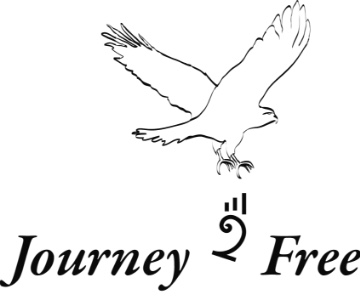A breakup can be extremely devastating for everyone that have ever been in-love. Some people never truly recover from relationship(s) that they sincerely invested their all in, or gave what seemed like every ounce of their love to the individual they were in love with, which is why breakups can be so calamitous. Heartbreak and it’s recovery can last weeks, months, years and for some a lifetime, and brings with it some of the most gut wrenching, heart rending, can’t eat, can’t sleep, can’t breathe or take a deep breath, wanting to remain in bed, stay up all night, bawling your guts and eyes out type of pains. A heartbreak is overwhelmingly and emotionally disastrous, and can be very isolating, because when you’re going though it, it seems as if this pain is only unique to you and that no-one else has ever experienced this type of pain before and even sadder is that this is the type of pain one goes through alone.
Now that we’ve establish that heartbreaks/breakups are mortifying for everyone, may I dare suggest that a breakup maybe and can be even more grevious for a survivor of childhood trauma. While we know a heartbreak can render the greatest/strongest/bravest individuals helpless, hopeless and defenseless, a break up can be even more damning to a child/adult that was already convinced they were unlovable, unworthy and undeserving of love. In such a case a breakup leaves a survivor vulnerable and susceptible to the reawakening or reemergence of all their insecurities, especially if they were not dealt with prior to falling in love. A breakup/heartbreak can then serve as a trigger, particularly if this individual was mentally/emotionally dependent on their partner. Many survivors of childhood trauma/sexual abuse often seek comfort, solace and/or meaning through the relationships they form or create. These relationships often serve as a safety net of sorts, offering a range of benefits. Benefits ranging from increased self-perception and self-worth, a feeling of belonging, feeling wanted/needed, appreciated, a sense of purpose, pride and most importantly love.
One very common effect of trauma is the feeling of unworthiness and many of us immerse ourselves totally and completely into our friendships and relationships often unknowingly, simply because of the payoff, the reassurance of belonging, as well as the meaning – we are normal. Security and safety are two basic provision relationships offer, so many survivors often rely on the friendships/relationships they create for stability and some sense of normalcy/regularity. This is why whenever a friendship or relationship crumbles it can be taken or viewed as a personal attack, a betrayal, and a confirmation of our unworthiness. A heartbreak is then often viewed through the scope of where, why and what did I do to cause this, AND, even when it’s no fault or our own, it is very hard to differentiate fact from fiction and sometimes even harder to decipher where we went wrong or if we did something wrong, because insecurity rears its ugly head and we often take on full ownership for the breakup convincing ourselves even more of our unworthiness.
Love can be very tricky, and there is so much more to be said about this topic… The truth is, there isn’t a tested or proven way to tell who suffers more hurt or is more impacted from a breakup, a survivor or a none survivor. As usual, I write from my experience, perception and sometimes my very limited understanding of what the general masses may feel, but as it is, whether I’m capable or incapable of really articulating exactly what I’m trying to convey, my question remains, are survivors of childhood trauma/sexual abuse more vulnerable and at risk for rebounding to old habits of damning self-beliefs after a heartbreak or breakup? I do believe so. What do you think?
Join me as I we journey 2 free. From my heart to yours, with love, Larissa.



Thank you for opening up Rizzy. U dont know the scope of help u r providibg for so many of us. May God strengthen u on this journey & see u through to completion. Love u loads.